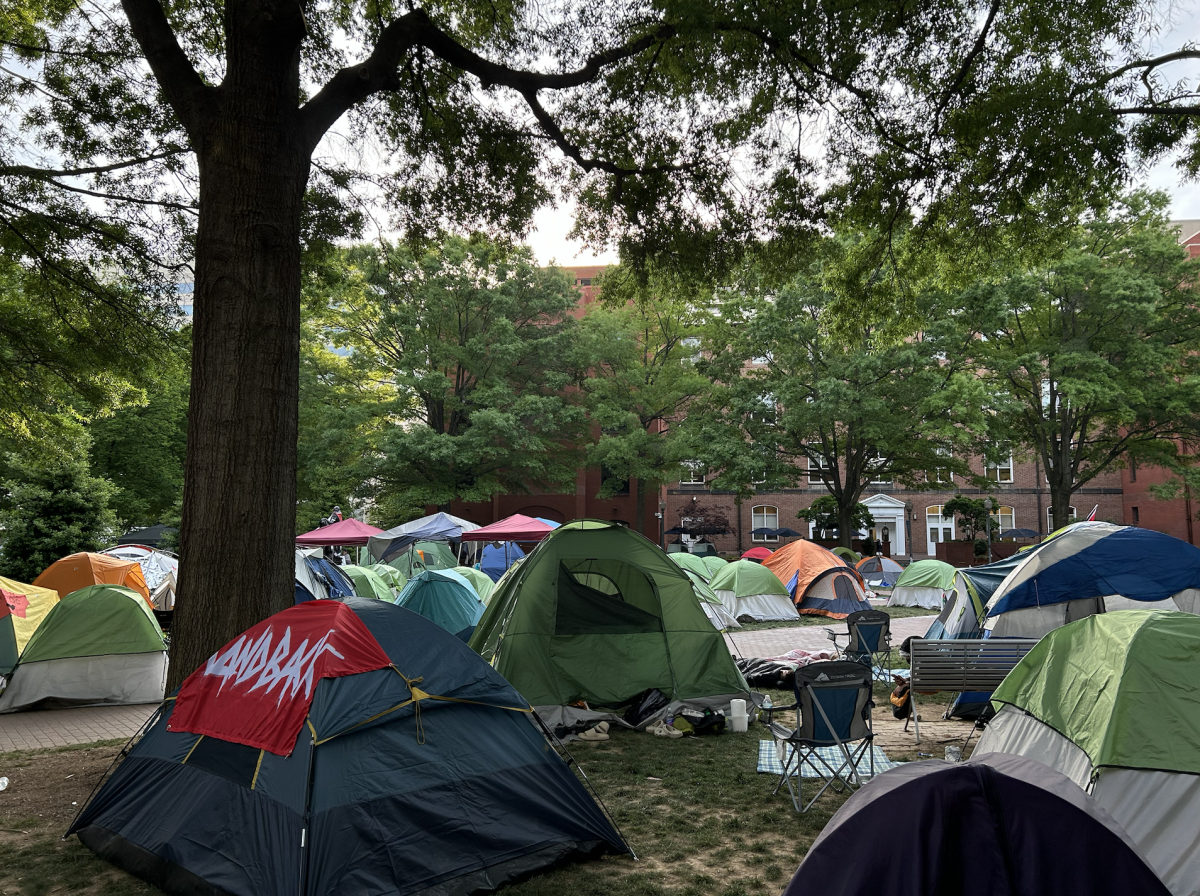With Greek-letter recruitment week less than two weeks away, some students could get confused by the University’s system of on- and off-campus fraternities.
The terms “on-campus” and “off-campus” do not relate to the location of a fraternity or sorority housing but, rather, whether they are recognized as an official University organization.
Fraternities are considered unrecognized when they are removed from the Interfraternity Council, which normally also results in a revoked charter by the fraternity’s national organization. Sororities are recognized if they are members of GW’s Panhellenic Council.
“That they’re unrecognized only means they’re not eligible to participate in functions or register for space in the Marvin Center and items of that nature,” said Mike Gargano, Assistant Vice President of Student and Academic Support Services. “However, they’re GW students which still subjects them to all normal codes and policies including the University’s Code of Conduct.”
The case is different for historically black fraternities and sororities, which receive University recognition through a national association, the National Pan-Hellenic Council.
The Sigma Alpha Epsilon fraternity n campus is recognized by its national organization but lost University recognition in 1993. Sigma Alpha Epsilon President Andrew Hopkins said being unrecognized allows the group more freedom since the University has no say over the chapter’s operations.
But, Gargano said there is some confusion about the freedom an organization has when they are unrecognized.
“Sometimes people think it’s better to be unrecognized because they can do whatever they want, which isn’t true,” he said.
Sigma Chi’s national organization removed the charter of its GW chapter after the University filed numerous complaints, including one about a hazing incident last semester. Alpha Epsilon Pi lost IFC recognition in March after the second of two hazing violations committed in one year.
Unrecognized fraternities do not have to follow the University’s Social Responsibility Manual. The manual includes alcohol regulations, guidelines about registering functions and other rules and regulations, Gargano said.
“Various groups seem to think that if they’re not recognized by the University they’re free to govern themselves and make their other policies and procedures, and that’s a great misnomer,” Gargano said, adding that fraternity members as individual students are still held accountable under all University regulations.
He provided underage drinking as an example, adding that the Metropolitan Police Department “has some latitude” at the houses of unrecognized fraternities.
The benefits to being recognized are not always tangible, he said.
“And one of the big benefits is that being recognized by an institution and being in good standing is something you can’t place a dollar value on; it has a to do with integrity and character,” Gargano said. “When you say you’re recognized in good standing with GW, it means a lot.”






